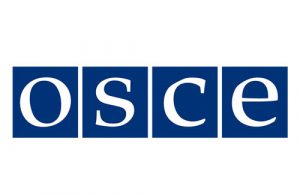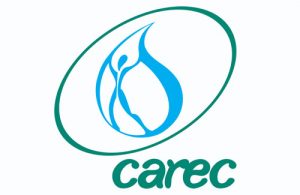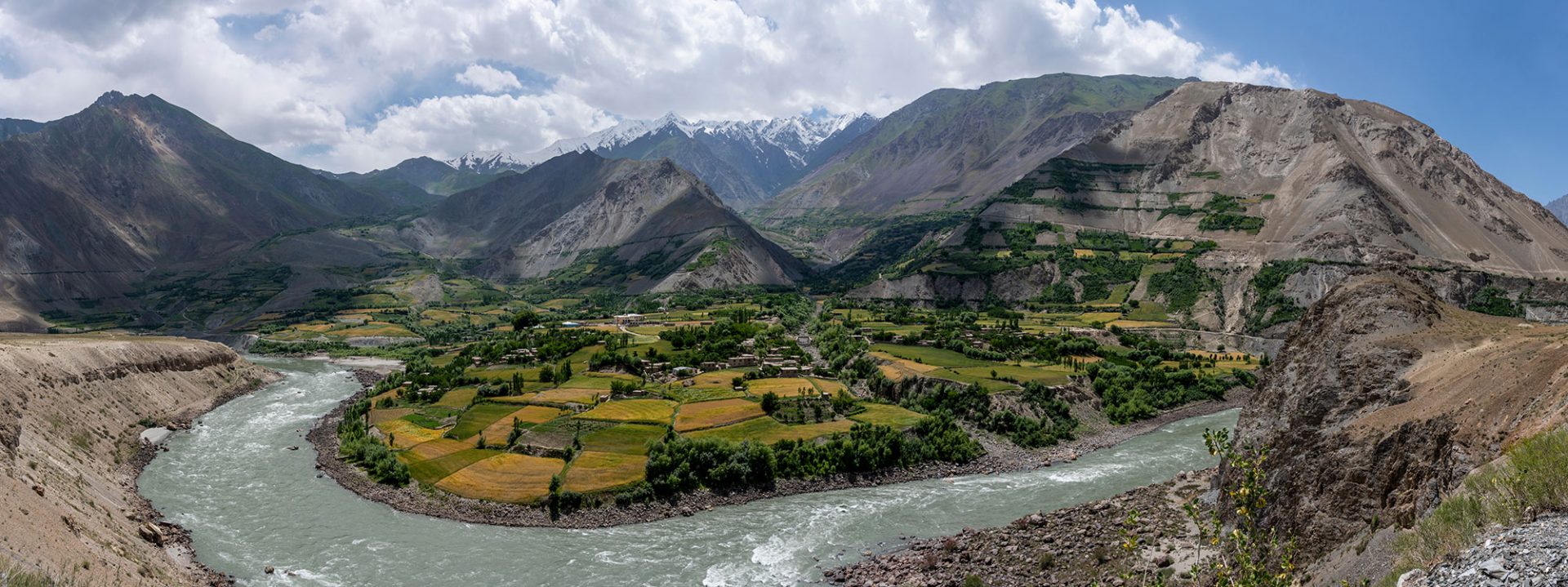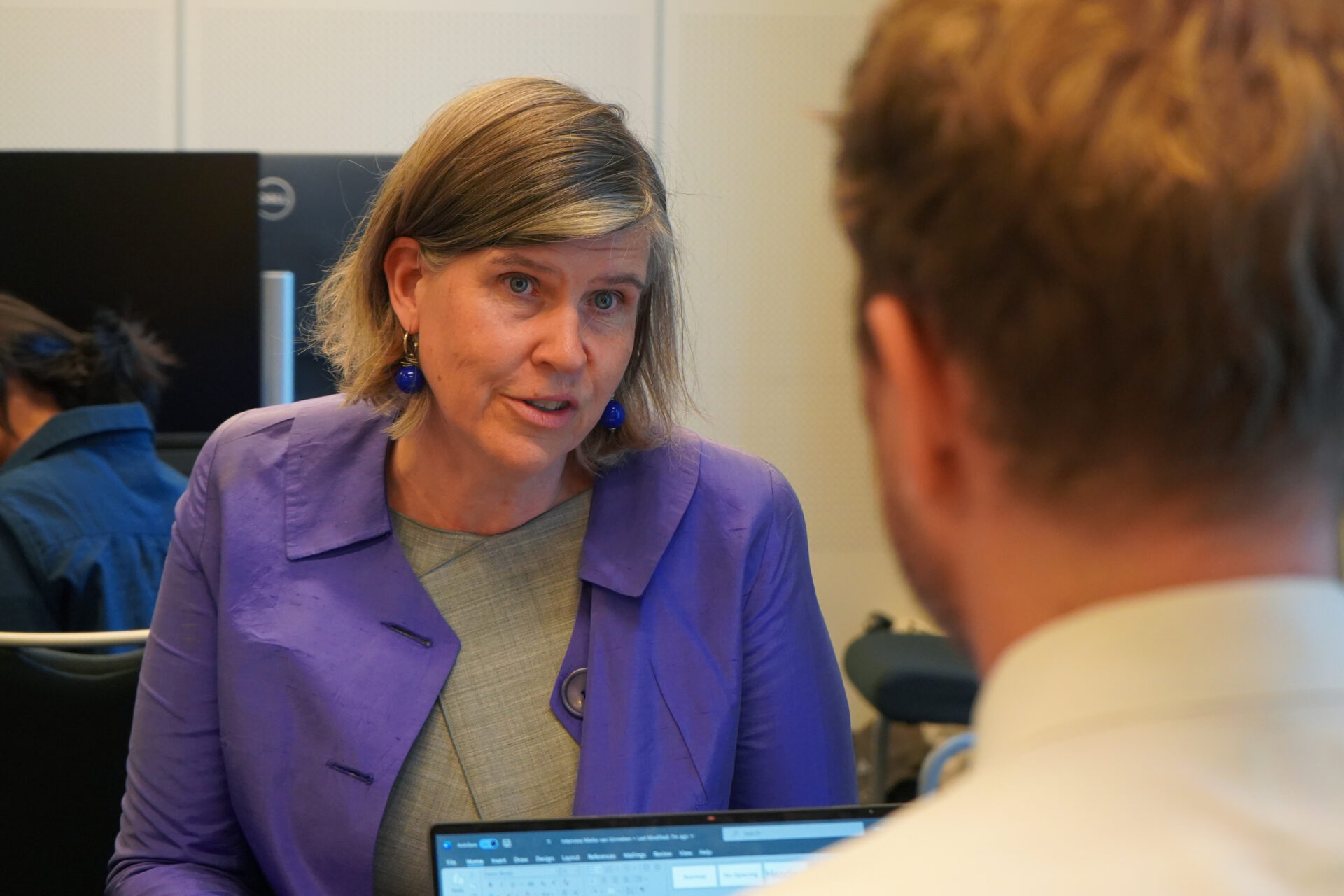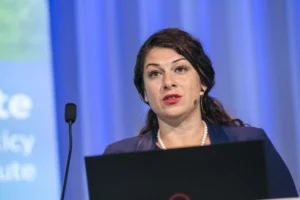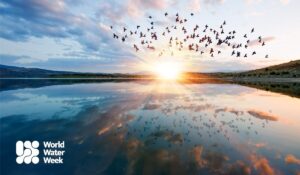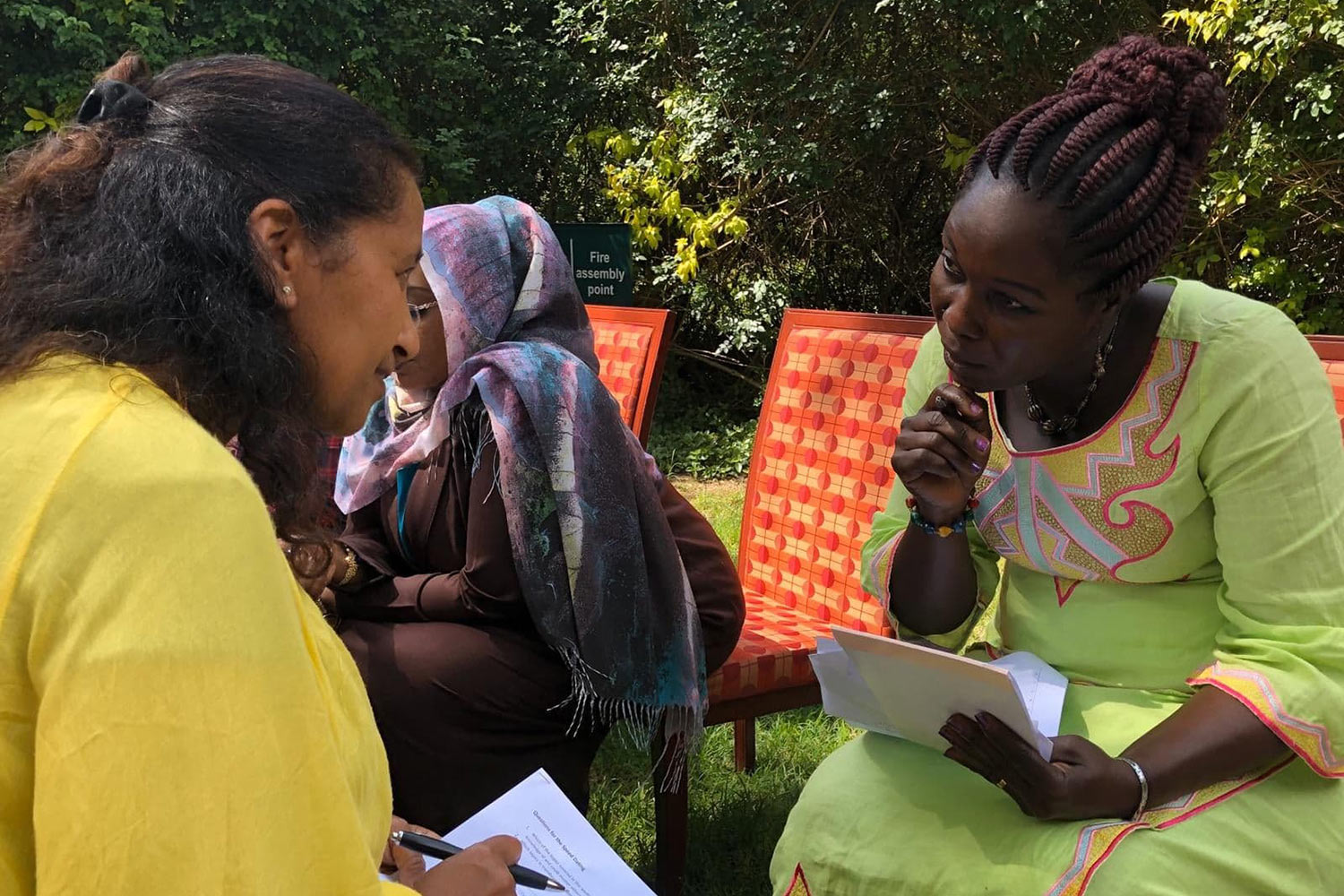The Women, Water Management and Conflict Prevention Programme’s Women in water management – Central Asia and Afghanistan promotes women water professionals’ participation in decision-making in the water sector and gender mainstreaming in water governance.
Through the Network, women water experts from Afghanistan, Kazakhstan, Kyrgyzstan, Tajikistan, Turkmenistan and Uzbekistan engage in joint capacity building, experience sharing, knowledge exchange, and skills building activities, supporting development of women water experts in the region and enhanced regional water cooperation.
The Network works to support a community of practice for women water experts engaged in different aspects of transboundary water cooperation processes in Central Asia and Afghanistan. The convening partners at OSCE (the Office of the Co-ordinator of OSCE Economic and Environmental Activities – OCEEA), Stockholm International Water Institute (SIWI), and the Regional Environmental Centre for Central Asia (CAREC) support the professional development of the group through process support, providing tools, and capacity building opportunities.
The Central Asia and Afghanistan Network, largely draws experience from SIWI’s Women in water diplomacy network in the Nile, with regional methodology and design adaptations, and provided inputs into the Women in Water Diplomacy Nile and Beyond global strategy.
Background
Women in water management in Central Asia and Afghanistan was initiated in 2021 by SIWI, OSCE and CAREC. The programme is a part of the OSCE project Women, Water Management and Conflict Prevention – Phase II.
The project Women, Water Management and Conflict Prevention – Phase II aims to foster both, better integration of gender aspects in water management and water diplomacy, as well as the targeted empowerment of female water professionals. On 10 June 2021, the important role of women in water management was discussed in an online side-event at the Second Preparatory Meeting of the 29th OSCE Economic and Environmental Forum.
Training courses focused on water diplomacy with a special emphasis on negotiation skills and mediation (2019), as well as gender mainstreaming and conflict resolution in water resources management for participants of the 10th Anniversary Central Asian Leadership Program (CALP) on Environment for Sustainable Development, (2015) have been co-organised in Almaty (Kazakhstan) by the OSCE, SIWI, and CAREC, with support from the Women, Water Management and Conflict Prevention project.
Cooperation over the shared water resources in Central Asia and Afghanistan is essential to water security and development in the region. Effective cooperation requires inclusive decision-making. Involving a diverse cross-section of stakeholders leads to more informed decisions since a broader set of environmental and social impacts will be considered. With more knowledge and skills to draw from, solutions are also more likely to be sustainable and equitable.
The challenge
The prevalence of gender inequality in many societies results in specific barriers to professional advancement faced by women – including in the transboundary water sector. Surveys in the region have indicated that women water experts face barriers to career advancement and are often excluded from decision-making processes due to social stereotypes and patriarchal structures.
Women have critical roles to play in water resources management and protection that have been recognised and emphasised at the highest policy levels for over 25 years. Despite the evidence that engaging women in water governance is good policy, a gender gap persists in the water sector. This gap is more pronounced at the transboundary level, where transboundary water governance processes continue to be dominated by men. Women are often under-represented in political decision-making at the national and transboundary level, undermining progress towards cooperative and sustainable management of shared waters.
To learn more, see SIWI’s policy brief Tapping our Potential.
Gender equality is an essential aspect of transboundary water cooperation and peace processes. Research shows that higher levels of gender equality are associated with a lower instance of conflict. Moreover, women’s participation in peace processes are more highly associated with more durable agreements.
Our impact
SIWI and partners OSCE and CAREC have a long-standing shared commitment to advance gender equality through both mainstreamed and targeted gender equality engagements. There is growing international support for women’s involvement in water decisions as well as conflict mediation, negotiations, and peacebuilding. The Women in Water Management Network in Central Asia and Afghanistan is an example of this dual commitment to support a community of practice of women engaged in water diplomacy processes.
The Shared Waters Partnership also seeks to empower young professionals and support youth engagement in water diplomacy. The working paper Making Waves: Youth Engagement in Water Diplomacy explains why this is so important.
The Mentoring and Career Development Programme will host experience exchanges, capacity building, knowledge, and skills development sessions. Organising sessions with other networks for experience exchange and water diplomacy for basin to basin dialogues.
Meet the Network members
Meet the people who are part of the Mentoring and Career Development Programme.
Read their bios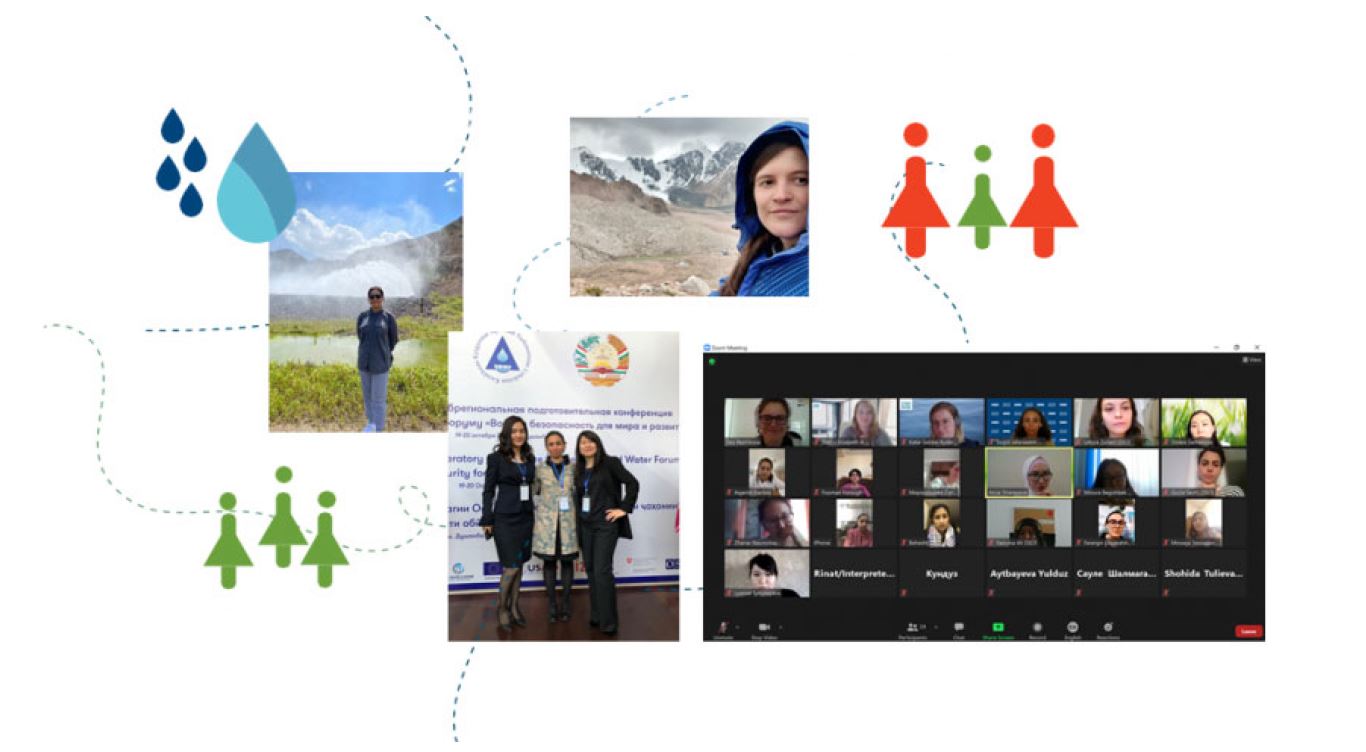
This programme is run in collaboration with:
